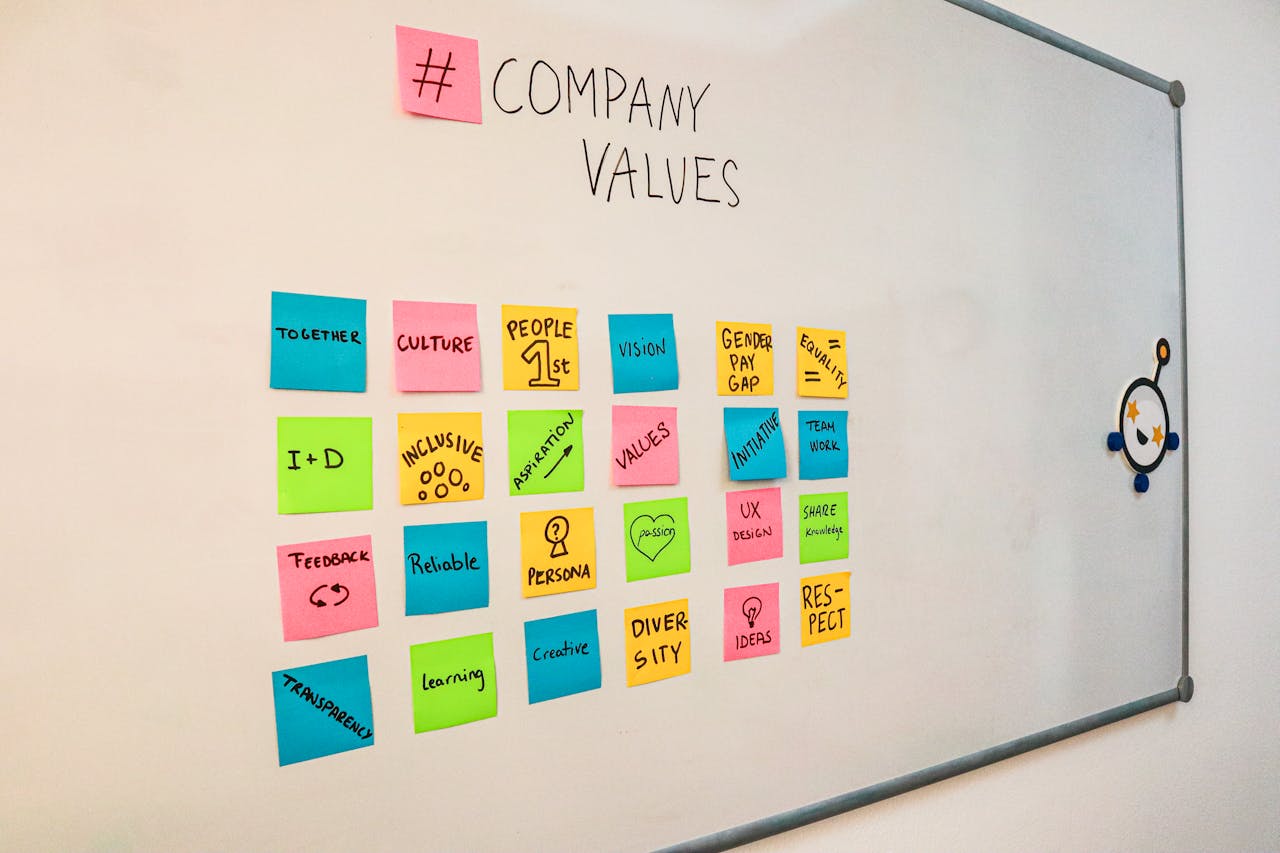Imagine you’re facing a talent market where competition is fiercer than ever, with candidates no longer just evaluating your salary packages or career growth opportunities, but also questioning the values your company stands for. In the wake of rising employee expectations, economic uncertainty, and evolving work models, HR professionals are under increasing pressure to not only attract top talent but also keep them engaged and loyal. This is where Corporate Social Responsibility (CSR) can make a game-changing difference. It’s no longer just about offering attractive perks—employees today want to work for organizations that align with their personal values and demonstrate a real commitment to social and environmental causes.
For HR managers, the role of CSR in employer branding has become more critical than ever. Yet, many HR professionals may still underestimate the full potential that well-executed CSR strategies – combined with strategic communication – can have on enhancing employee engagement and fostering a strong, authentic employer brand.
Why CSR is More Than Just a Buzzword
Corporate Social Responsibility is often associated with a company’s external reputation – how the business is perceived by customers, communities, and stakeholders in terms of its ethical practices, sustainability efforts, and social impact. However, CSR also plays a pivotal internal role by shaping how your employees see and talk about the organization.
Modern employees, particularly millennials and Gen Z, care deeply about the values of the companies they work for. Studies show that employees who feel their organization makes a positive contribution to society are more engaged, loyal, and motivated. In fact, 70% of millennials say they would take a pay cut to work for a company with a strong sense of purpose.
So, CSR is no longer just about maintaining a positive public image—it’s about internal culture-building, employee satisfaction, and attracting talent that aligns with your organizational values.
CSR Communication: The Secret Sauce to Success
Whether you already have a CSR strategy or are in the process of developing one. The way in which you communicate these efforts internally is what really determines their success. Too often, CSR programs operate in silos, spearheaded by a specific team or department, without being communicated actively to all employees. This disconnect can lead to a lack of understanding or enthusiasm for CSR initiatives, missing the opportunity to engage your entire workforce.
HR managers are in a prime position to act as a bridge between CSR programs and employees. Here are a few strategies HR leaders can adopt to maximize the impact of CSR:
Make CSR a Core Part of Your Employee Value Proposition (EVP)
Your EVP should not only focus on salary, benefits, and career development but also highlight your CSR activities as a core component. This will send a clear message to both current and prospective employees that the company is committed to making a positive impact. From the recruitment process to employee onboarding, illustrating CSR actions will help ensure that your values are front and center.

Involve Employees in CSR Planning
Employees should feel that they are part of the CSR journey, not just observers. HR managers can use suitable tools and software that allow employees to get actively involved, provide feedback and express their shared commitment. This fosters a sense of ownership and connection, empowering employees to shape the company’s social footprint.
Leverage Multiple Communication Channels
In today’s remote and hybrid work environments, it’s crucial to use a variety of communication platforms to best reach all employees. On-the-spot nudges at special places in the office, internal newsletters, the company’s own website, social media, etc. – These are all excellent ways to inspire and motivate employees to act sustainably, highlight success stories and recognize employee contributions.
Celebrate CSR Milestones and Individual Contributions
Make CSR success tangible by visualizing and rewarding achieved impact. Use team meetings or company-wide events to celebrate the positive impact employees have made through CSR initiatives. When employees see their peers being recognized for their contributions, they’re more likely to engage.
Use Data to Demonstrate Impact
HR can help showcase the impact of CSR initiatives by gathering and sharing metrics. Whether it’s in-house scoring, saved plastic or reduced CO2, translating CSR efforts into measurable results helps employees understand the importance of their commitment and its tangible results. Sharing these metrics company-wide also reinforces transparency and accountability.
CSR as a Continuous Journey - Not a One-Time Effort
For HR managers, the integration of CSR into your employer brand isn’t a one-time campaign—it’s an ongoing journey. By keeping CSR visible, ensuring employees feel connected to these initiatives, and regularly communicating progress, you’ll foster a workplace culture that’s not only engaged and motivated but also aligned with a broader sense of purpose.
The future of employer branding is purpose-driven. Companies that recognize the growing importance of CSR and effectively communicate their efforts will build stronger, more engaged teams—and stand out as employers of choice.
Related Posts
Related Posts
CSR as an Obligation — But Not an Opportunity? NovaTech Solutions, a globally operating technology company based in Europe, has embedded sustainability …
In a world of constant advertising exposure, attention has become a scarce resource. Consumers scroll, skip and filter messages at record speed. …
The last few decades have seen significant shifts in marketing strategies, driven by changes in consumer behavior, technology, and global trends. Recently, …



